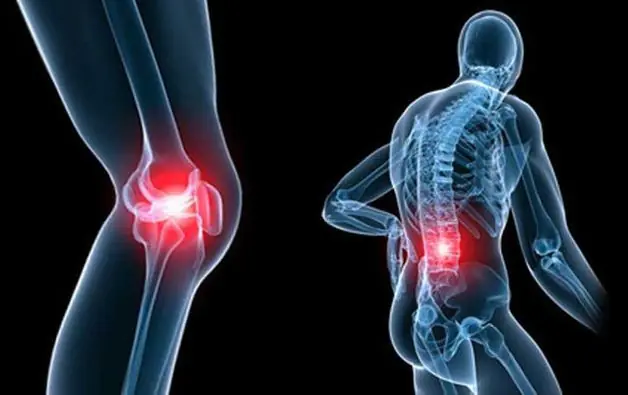
6 Golden Habits to Help Seniors Reduce the Risk of Cerebral Infarction
6 Golden Habits to Help Seniors Reduce the Risk of Cerebral Infarction – How Many Do You Have?
Research shows that elderly people who maintain six simple daily habits can significantly lower their risk of this dangerous condition.
The recurrence rate of cerebral infarction is quite high, estimated at about 25% per year. In clinical terms, being “cured” only means the temporary disappearance of symptoms, but the disease itself is linked to many complex factors. Without maintaining a healthy lifestyle and following prescribed treatments after hospital discharge, recurrence is only a matter of time.
Although stroke often strikes suddenly, the body usually sends out early warning signals. Paying attention to daily changes and never ignoring unusual signs is the most important way to protect your health.
Common symptoms of cerebral infarction include:
-
Numbness or weakness in arms or legs, often on one side of the body, sometimes accompanied by facial numbness.
-
Facial drooping, crooked mouth, or tongue deviation due to weak facial muscles.
-
Speech problems: slurred speech, difficulty articulating, or inability to understand others.
-
Vision problems: blurred vision or loss of vision in one or both eyes.
-
Dizziness, severe headaches, possibly accompanied by nausea or vomiting.
-
Altered consciousness: drowsiness, confusion, or even coma.
-
Loss of coordination, imbalance, and frequent falls.
If any of these symptoms appear, immediate medical consultation is crucial for timely diagnosis and treatment, preventing dangerous complications.
Cerebral infarction is common and can leave severe consequences. Among its hidden culprits are three everyday seasonings that silently increase the risk of stroke. Overuse should be strictly avoided:
3 seasonings that increase the risk of cerebral infarction:
-
Salt: Eating too much salt causes excess sodium, damaging blood vessels, increasing platelet aggregation, leading to hypertension and vascular blockage.
-
Oils and fats: Fried and oily foods contain harmful fats, raising the risk of obesity, cardiovascular diseases, and cerebrovascular disorders – direct causes of cerebral infarction.
-
Sugar: Excess sugar intake converts to fat, thickens the blood, and raises the risk of vessel blockage.
6 habits that help seniors reduce the risk of cerebral infarction:
-
Healthy diet: Prioritize vegetables, fruits, and whole grains; limit fried or grilled foods; keep salt intake below 5g/day; drink plenty of warm water to improve blood circulation.
-
Regular exercise: At least 150 minutes of moderate physical activity per week (walking, jogging, cycling, climbing stairs…), along with mental exercises such as social interaction and problem-solving.
-
Scientific sleep routine: Go to bed early, wake up early, and avoid staying up late to allow the brain to recover and lower stroke risk.
-
Say no to smoking: Nicotine accelerates atherosclerosis and increases the risk of blood clots.
-
Maintain a healthy weight: Prevent obesity, a major risk factor for chronic diseases, including cerebral infarction.
-
Manage underlying conditions: Patients with hypertension, diabetes, etc., should take medications on time and attend regular check-ups to control complications.
News in the same category


4 Surprisingly “Clean” Vegetables with Minimal Pesticides

Want the Health Perks of Coffee? Here’s the Best Time to Drink It

6 things you should absolutely not do when you have neck and shoulder pain because they destroy bones and joints and are terrible for your stomach

Headache for 5 days, woman suddenly fell to the ground, co.nvulsed, had difficulty speaking

Summer or winter, Japanese people wear socks to sleep — here’s why!
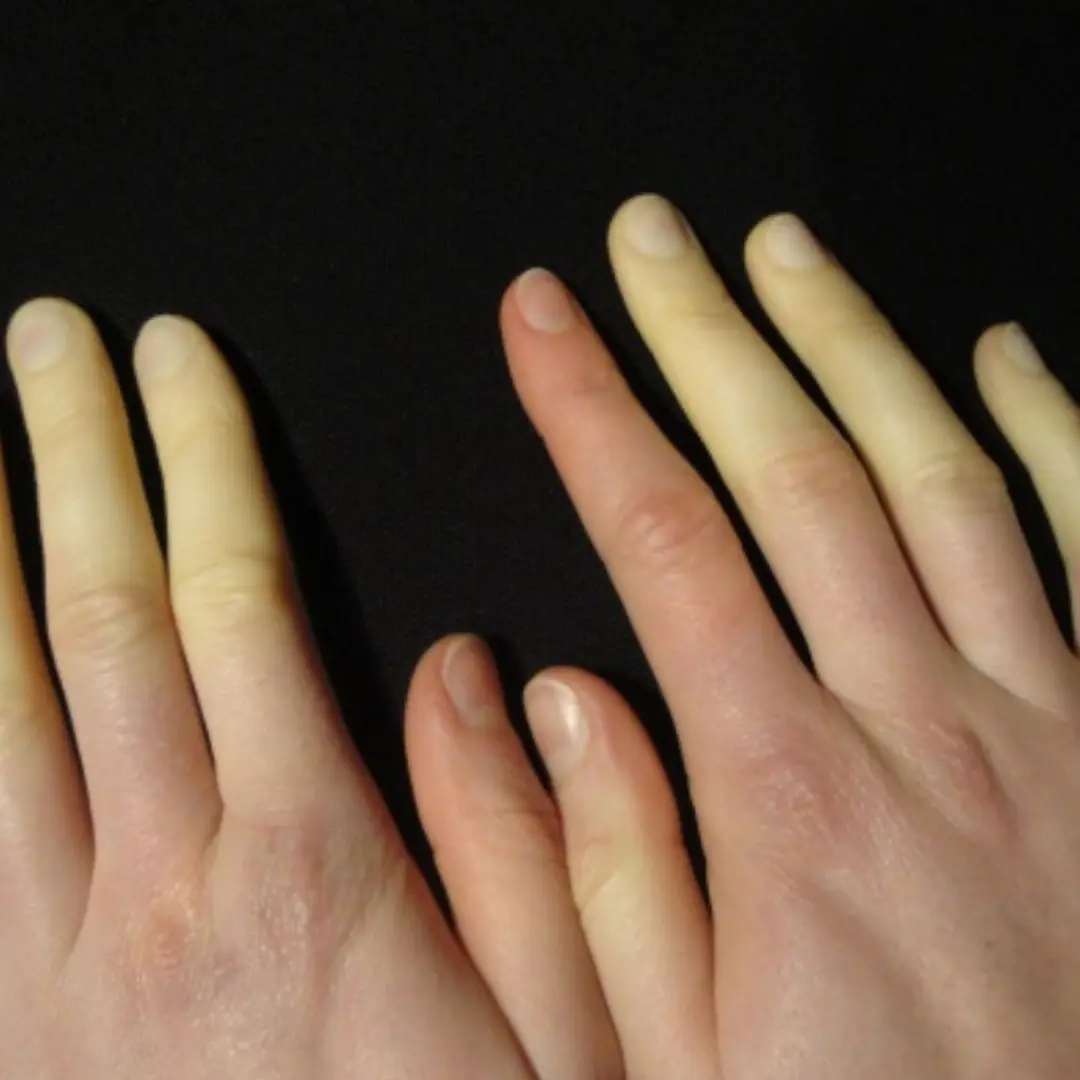
Spot these 10 symptoms? It’s time to see a doctor without delay!

4 Types of Pimples That Could Be a “Disguise” for Can.cer

5 Foods That Become Harmful When Reheated
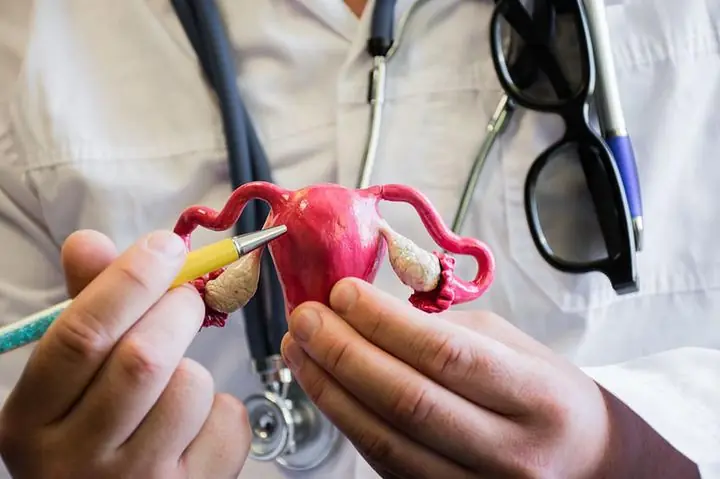
Women Who Regularly Eat These 4 Dishes Won’t Have to Worry About a Cold Uterus

7 Types of Fish High in Mercury: Limit Them No Matter How Much You Like Them
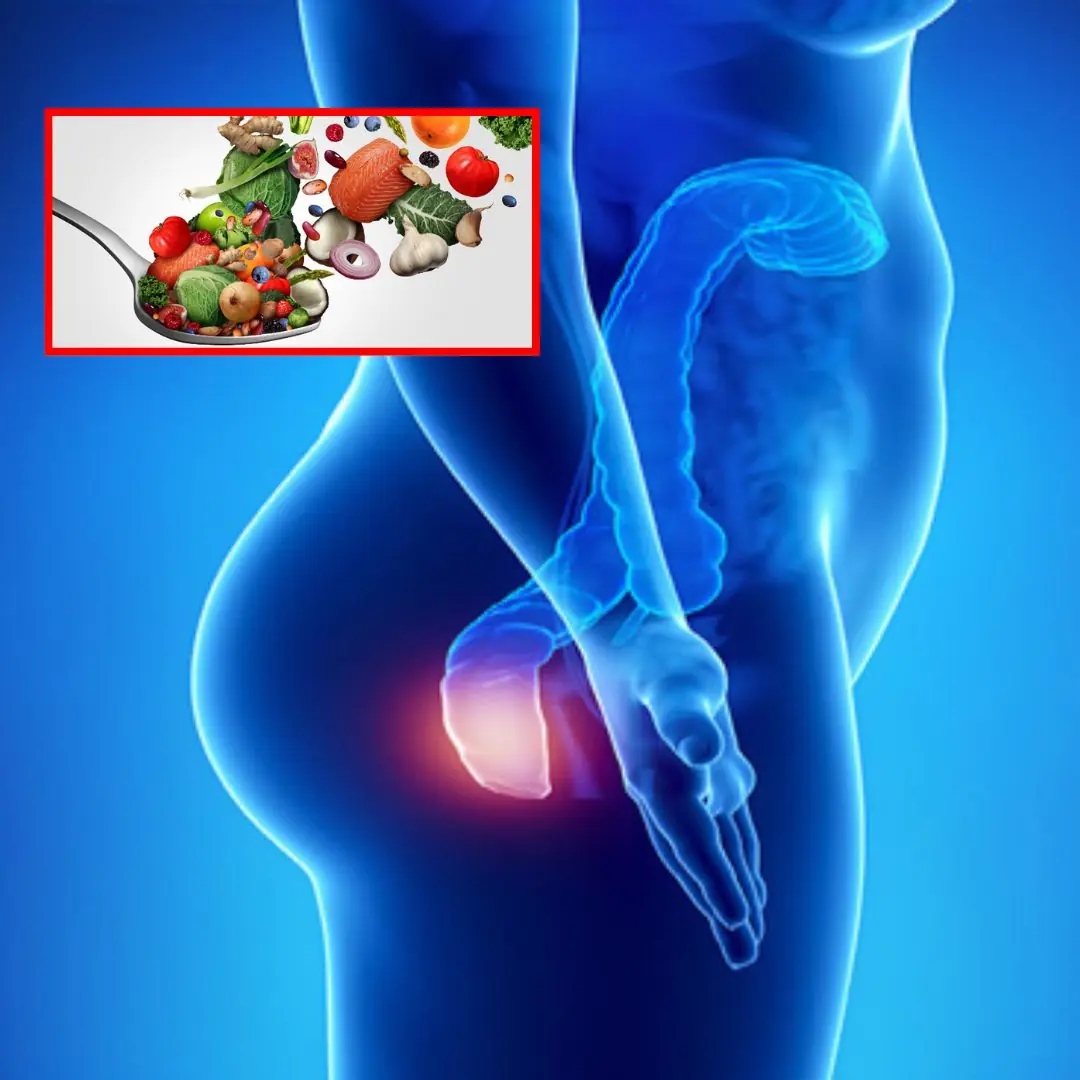
15 Foods That Are Good for People with Hemorrhoids
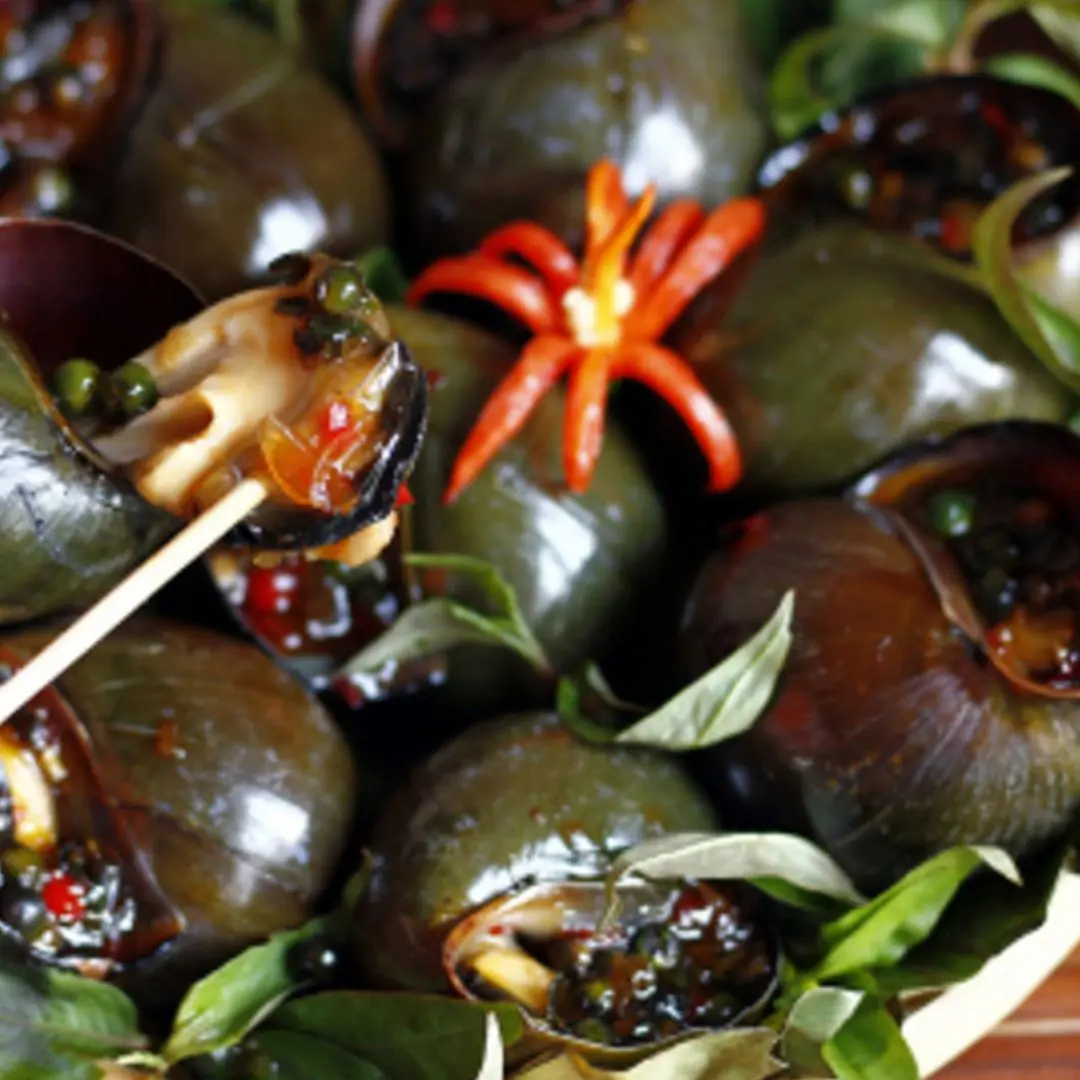
The Worst Foods for Worm Contamination You Should Know About
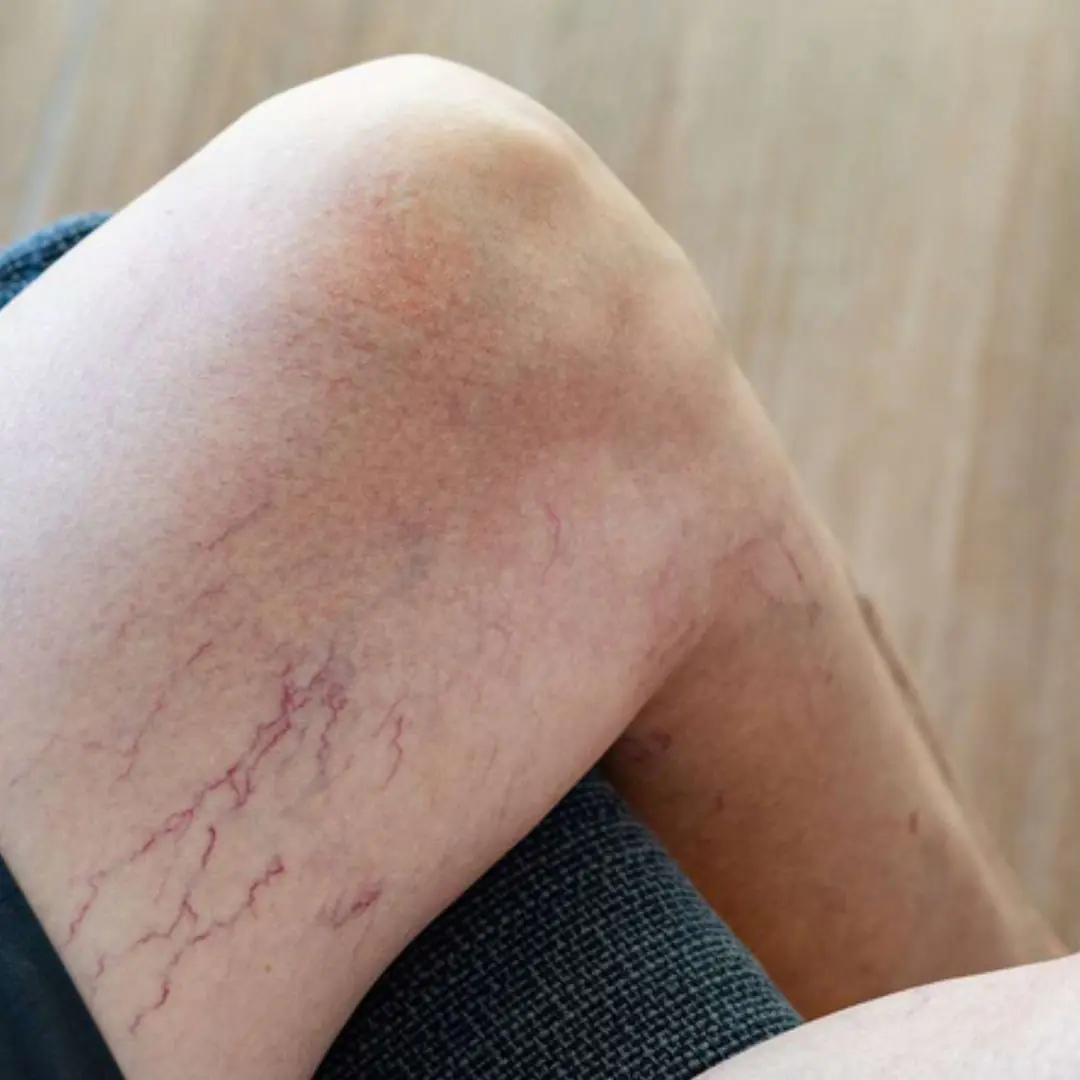
Leg Veins Turning Purple? Here’s What You Need to Know
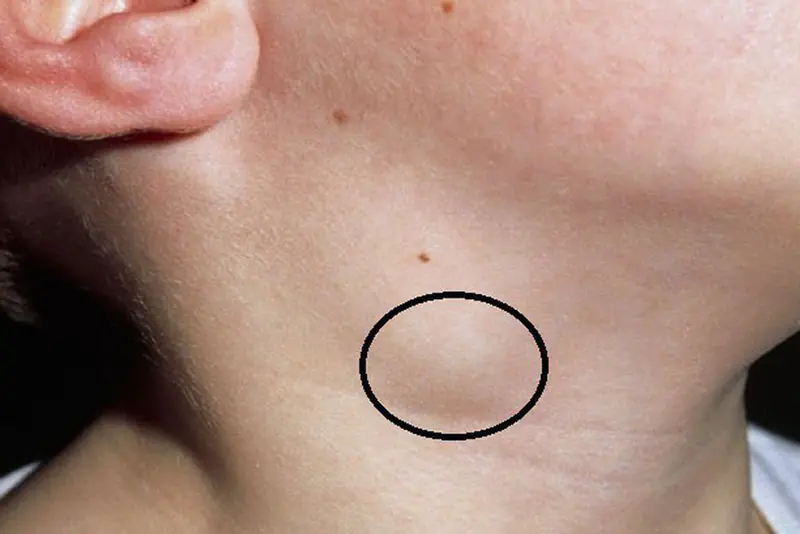
Revealing 6 Obvious Can.cer Warning Signs You Can Spot Just by Looking in the Mirror!

Women on the Verge of “Estrogen Depletion” Often Show 5 Alarming Signs

4 Foods Once Branded as “Health Enemies” That Turn Out to Be Superfoods
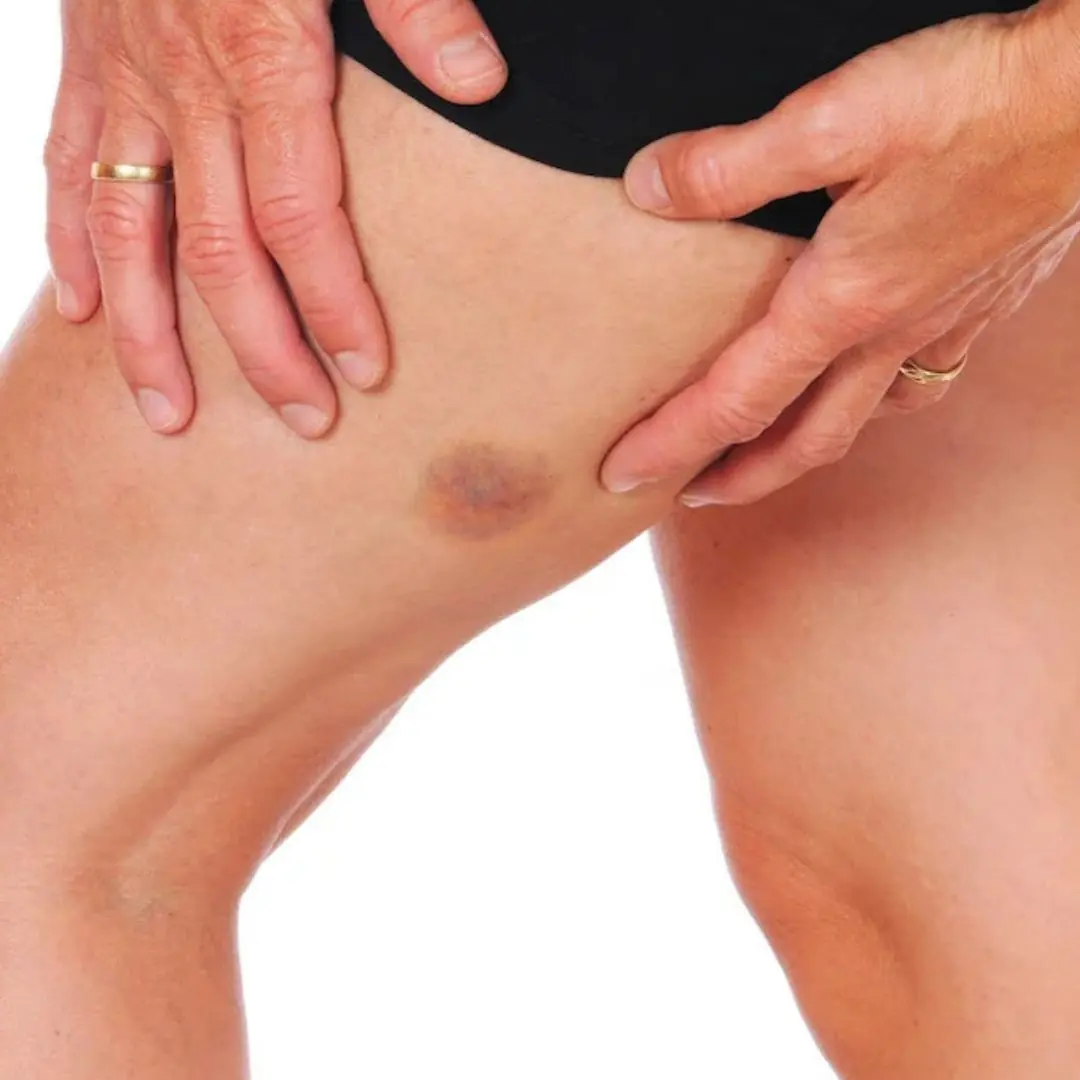
Waking up with bruises on your legs, a dangerous sign that you should not ignore
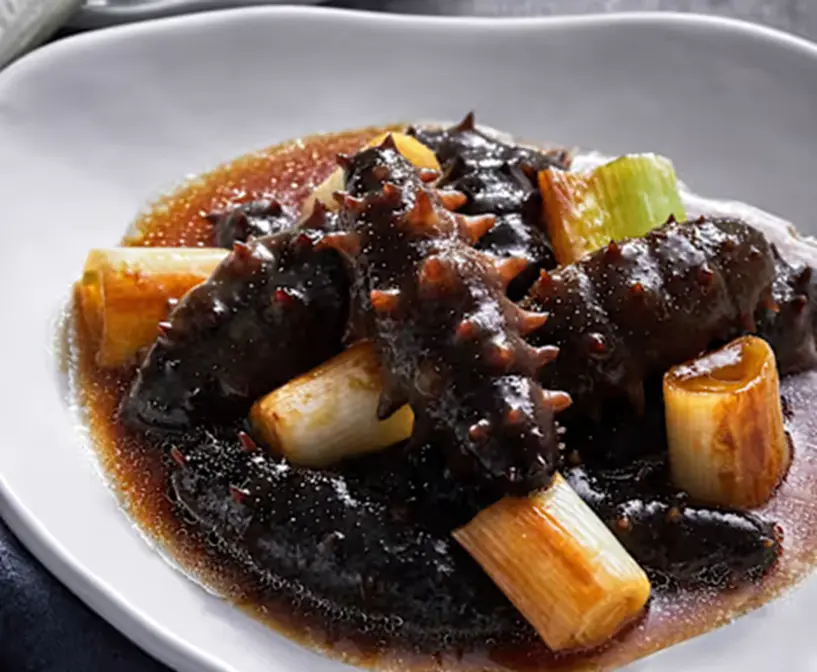
6 Types of Summer Seafood as Nutritious as Ginseng
News Post

3 Drinks Called the “Calcium Drainers” But Many People Still Love

4 Surprisingly “Clean” Vegetables with Minimal Pesticides

3 Lucky Plants That Bring Prosperity and Wealth

One Part of Chicken Contains Four Times More Cholesterol Than Pork Fat

Sweet Potatoes Are Not Good for These 3 Groups of People

Just hang a handful of these leaves in front of your door - flies and mosquitoes will disappear

Want the Health Perks of Coffee? Here’s the Best Time to Drink It

Taylor Swift and Travis Kelce announce engagemen
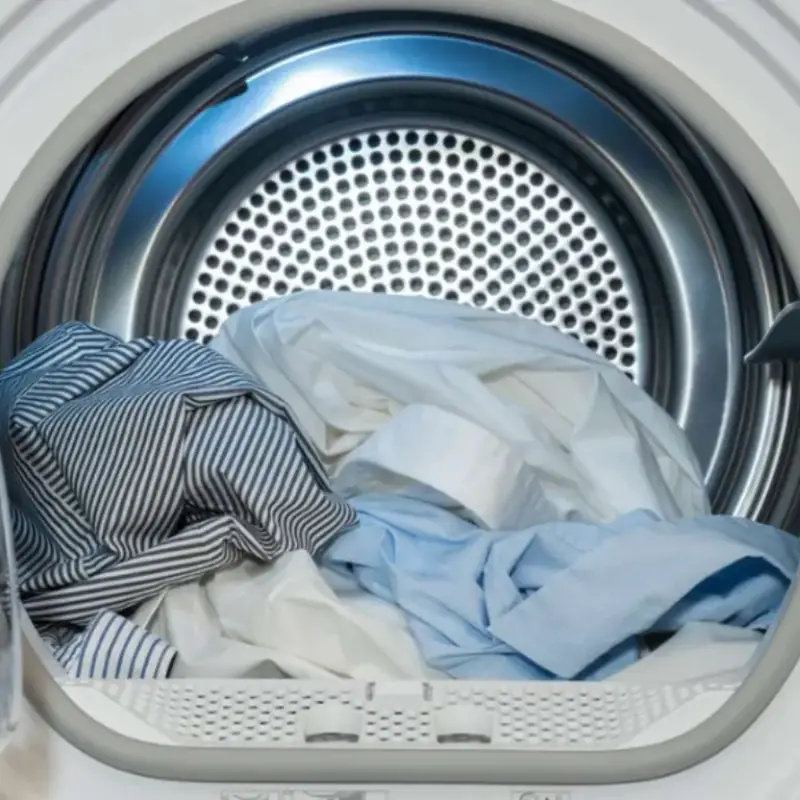
Washing Machines Have a Special Mode That Dries Clothes Faster

Flight attendant explains why cabin crew members always sit on their hands during takeoff

6 things you should absolutely not do when you have neck and shoulder pain because they destroy bones and joints and are terrible for your stomach

8 types of plants that attract snakes into the house

Mixing fabric softener with salt: Great use to solve household problems

Headache for 5 days, woman suddenly fell to the ground, co.nvulsed, had difficulty speaking

Summer or winter, Japanese people wear socks to sleep — here’s why!

Spot these 10 symptoms? It’s time to see a doctor without delay!

4 Types of Pimples That Could Be a “Disguise” for Can.cer

5 Foods That Become Harmful When Reheated
